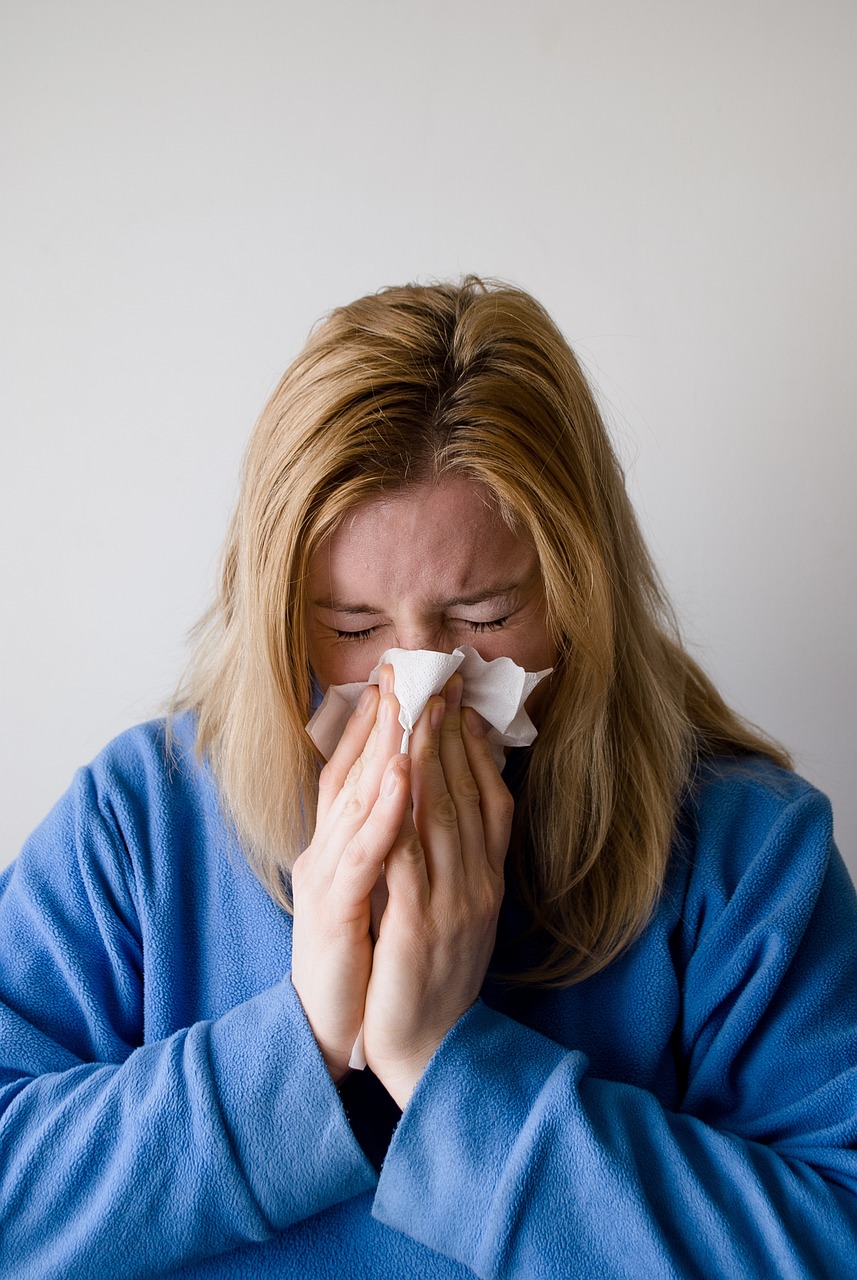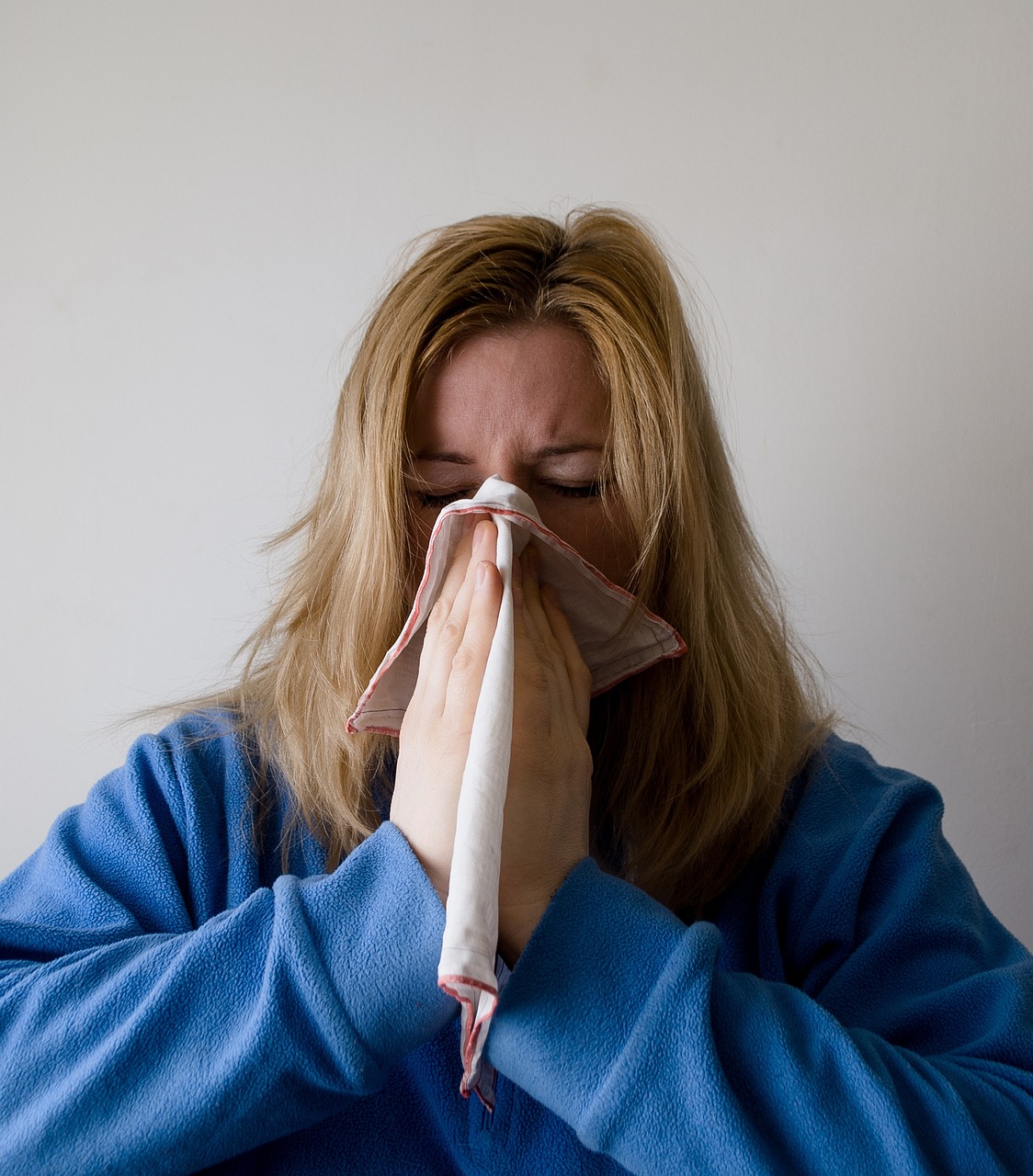AITA for embarrassing my parents in public over an allergy?
 Image credit: Pixabay (This is example image – Not the actual photo)
Image credit: Pixabay (This is example image – Not the actual photo)
When Family Traditions Clash with Health Needs
A young woman grapples with her lifelong dairy allergy as her parents insist on the effectiveness of a treatment plan they followed for years. After realizing that her stomach pain is a serious symptom, she chooses to go dairy-free, leading to tension during a family gathering filled with dairy-laden dishes. When her mother accuses her of being rude for leaving the table frequently, she confronts her about the lack of understanding regarding her allergy. This relatable story highlights the struggle between personal health choices and family expectations, a common dilemma many face in navigating their well-being amidst familial pressures.
Family Drama Over Dairy Allergy
A 19-year-old woman (19F) has been navigating a long-standing dairy allergy since childhood. The situation escalated during a recent family event, leading to conflict and tension. Here’s a breakdown of the events:
- Background: The woman has been allergic to dairy since infancy. Her parents and doctor implemented a gradual exposure plan, which allowed her to tolerate some dairy products by middle school.
- Recent Realization: After a school trip, she discovered that her stomach pain was a symptom of her allergy, prompting her to adopt a strict dairy-free diet. This change significantly improved her digestion.
- Parental Response: When she informed her parents about her decision to go dairy-free, they expressed frustration, stating that they had invested years in helping her build a tolerance. They felt that her new approach undermined their efforts.
- Family Event: During a recent family gathering hosted by her parents, the meal was heavily dairy-based. Despite her attempts to avoid dairy, she accidentally ingested some and experienced severe discomfort.
- Conflict at the Table: Her mother became annoyed with her frequent trips to the bathroom, accusing her of being rude. In response, the woman expressed her frustration, questioning why her mother did not take her allergy seriously.
- Aftermath: The woman reflected on her reaction, feeling that her response may have been overly harsh. She acknowledged that while her parents believe in the effectiveness of the previous diet plan, they do not fully understand the severity of her allergy.
- Concern for Attention: She also worried that her discomfort drew unnecessary attention from relatives, detracting from the focus of the family event.
The situation highlights the complexities of family dynamics and the challenges of conflict resolution when it comes to health issues. The woman is left questioning whether her reaction was justified and how to navigate her relationship with her parents regarding her allergy.
This is Original story from Reddit
 Image credit: Pixabay (This is example image – Not the actual photo)
Image credit: Pixabay (This is example image – Not the actual photo)
My Dairy Allergy Journey
I, 19F, have been allergic to dairy since I was a baby. My doctor and parents had a whole schedule for the first half of my life to get me acclimated to dairy. It went from me throwing up every night as a baby to the point where I could eat a pretty unrestricted diet and have no real symptoms other than stomach pain when I was in middle school.
This sounds kind of stupid lol, but it took me until a couple of months ago to realize that the stomach pain is actually a symptom and not a thing I just need to deal with. I was on a school trip and asked if I could have the dairy-free meals because I knew my stomach would feel icky from motion sickness and traveling. I actually ended up feeling great, so ever since coming back to university, I’ve basically gone dairy-free and my digestion has been great.
However, because I now have lost all my tolerance for dairy, even very little makes me nearly as sick as when I was a really young child. I’ve told my parents this, and they basically said, “Do whatever you want at school, but we didn’t spend nearly two decades getting you used to dairy just to cut it out now; that’s a lot of time wasted.” I had to go home recently for a family event that my parents hosted, and we had a big family meal with a lot of extended relatives where nearly everything had dairy.
I tried scraping sauce and cheese off of stuff, but I ingested some anyway, clearly, because I felt gross and spent a lot of time in the bathroom. At one point, my mother got annoyed at me for leaving the table so much. I was leaving a lot and said kind of angrily, “Why are you being so rude at this event?”
This annoyed me because I didn’t feel I was being rude; I was sick. So I said to her, “Why don’t you take my allergy seriously? You’re the reason I’ve been eating stuff that makes me sick for all my life.” The issue is that I think that was kind of harsh of me.
My parents do believe I have an allergy; they just also believe they cured it with the diet plan my doctor had me on. And they’ve told me that they only pursued it because my doctor said it could increase my quality of life to not have an allergy—which, to be fair, when I was on this plan, I was able to digest more without getting sick; my stomach just hurt a lot. I feel like I may’ve been unnecessarily rude in how I reacted to my mother, and I’m also worried I drew attention to myself that wasn’t needed; a lot of my relatives were asking if I was okay after dinner, which was kind of them but really not the focus of the event.
Edit: I appreciate everybody telling me I’m lactose intolerant. I am not. I have been to several doctors throughout my life and gotten actual allergy tests. I am allergic to the dairy protein.
If the symptoms I’ve shared sound like lactose intolerance, that’s very interesting and good to know, but the one thing I am certain about is the diagnoses I have received.
View the Original Reddit Post Here
Summary of Reddit Comments
The top Reddit comments indicate a strong consensus that the original poster is NTA because they highlight the importance of recognizing and accommodating food allergies. Users share personal experiences, emphasizing that undiagnosed allergies can lead to significant health issues, and stress the necessity of being mindful about dietary restrictions.
- Many commenters relate similar experiences with undiagnosed allergies.
- There is a clear understanding of the potential health risks associated with ignoring food allergies.
Overall, the comments reflect a supportive stance towards those managing food allergies and the need for awareness in social situations.
Expert Advice for Resolving the Conflict
Navigating family dynamics, especially concerning health issues like food allergies, can be challenging. Here are some practical steps for both the young woman and her parents to help resolve the conflict and foster understanding:
For the Young Woman (19F)
- Communicate Openly: Schedule a calm conversation with your parents. Express your feelings about your allergy and the importance of your dietary choices. Use “I” statements to avoid sounding accusatory, such as “I feel unwell when I consume dairy” instead of “You don’t take my allergy seriously.”
- Educate Them: Share information about dairy allergies and the potential health risks associated with them. Providing resources or articles can help them understand the severity of your condition and why you’ve chosen a strict dairy-free diet.
- Set Boundaries: Clearly outline your dietary restrictions and the importance of adhering to them during family gatherings. This can help prevent future misunderstandings and ensure your health is prioritized.
- Seek Support: If possible, involve a neutral third party, like a family member or a healthcare professional, to mediate the conversation. This can help facilitate understanding and reduce tension.
For the Parents
- Listen Actively: Approach the conversation with an open mind. Allow your daughter to express her feelings without interruption. Acknowledge her experiences and validate her concerns about her health.
- Reflect on Your Approach: Consider the possibility that your previous methods of managing her allergy may not align with her current needs. Be open to adapting your understanding of her condition.
- Collaborate on Meal Planning: Involve your daughter in planning family meals. This can help ensure that there are safe options available for her and demonstrate your support for her dietary choices.
- Educate Yourselves: Take the initiative to learn more about food allergies together. This can foster empathy and understanding, helping you all navigate future family events more smoothly.
Moving Forward
Conflict resolution is a process that requires patience and understanding from both sides. By fostering open communication and mutual respect, the family can work towards a healthier dynamic that accommodates everyone’s needs.
Join the Discussion
 Image credit: Pixabay (This is example image – Not the actual photo)
Image credit: Pixabay (This is example image – Not the actual photo)
What do you think? Would you have handled this differently?
Share your thoughts below! Vote: Do you agree with Reddit’s verdict?







